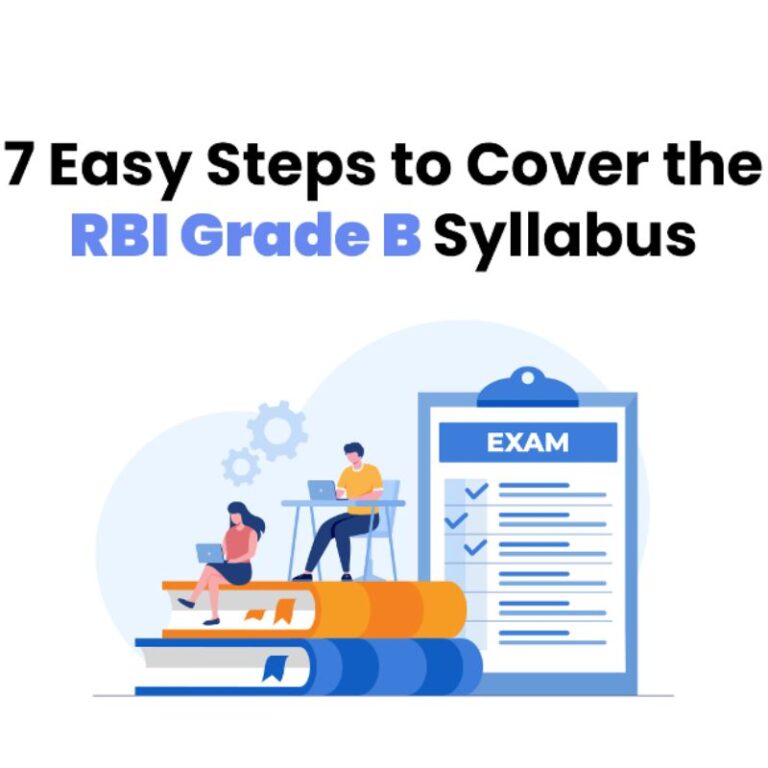Challenges in Chief Ministers’ and Governors’ Interaction

Issues have arisen in various Indian states concerning the interaction between Chief Ministers and Governors in relation to the passage of bills. Chief Ministers have expressed concerns over the delay in the Governors’ approval of bills presented to them for assent. This situation raises significant questions about the functioning of a democracy and the potential consequences of impeding the legislative process.
According to Article 153 of the Indian Constitution, each state shall have a Governor, and it is permissible for one person to be appointed as Governor for two or more states. The President appoints the Governor by warrant under their hand and seal, and the Governor holds office at the pleasure of the President (Articles 155 and 156).
Furthermore, Article 161 grants the Governor the power to grant pardons, reprieves, and other forms of clemency. However, the Supreme Court has clarified that the Governor’s sovereign power to pardon a prisoner is actually exercised in consultation with the State government rather than the Governor acting independently.
The situation between Chief Ministers and Governors regarding bill approval underscores the importance of maintaining the democratic process and effective communication and cooperation between constitutional authorities. It remains crucial to address and resolve these issues to ensure the smooth functioning of the legislative and executive branches within the framework of the Indian Constitution.
Calling all law aspirants!
Are you exhausted from constantly searching for study materials and question banks? Worry not!
With over 15,000 students already engaged, you definitely don't want to be left out.
Become a member of the most vibrant law aspirants community out there!
It’s FREE! Hurry!
Join our WhatsApp Groups (Click Here) and Telegram Channel (Click Here) today, and receive instant notifications.




